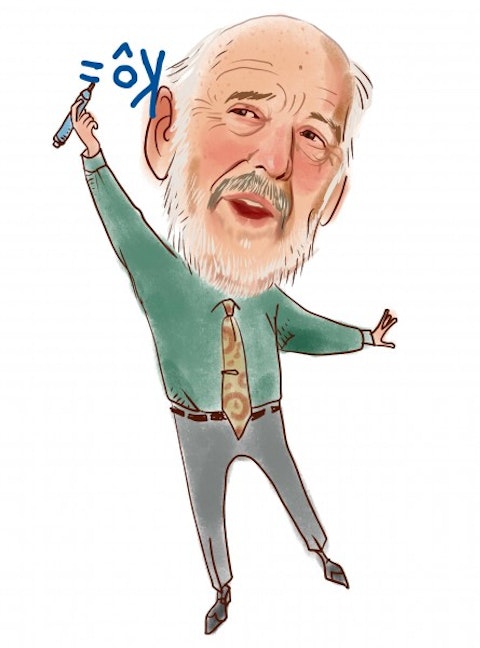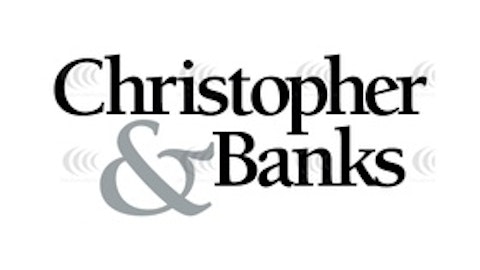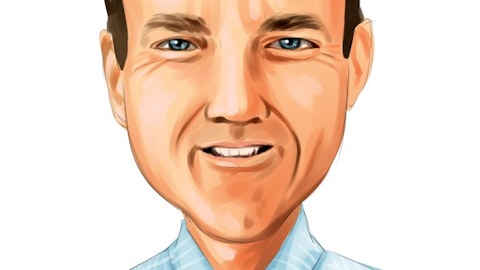Kinder Morgan Energy Partners LP (KMP) is an oil and gas pipelines company that owns and manages energy transportation and storage devices. Michael Messner’s Seminole Capital (Investment Mgmt), John Overdeck and David Siegel’s Two Sigma Advisors and Jim Simons’ Renaissance Technologies are fans of the company. The company has been in a series of acquisitions. KMP bought El Paso Corp (EP) in a deal that made KMP the largest natural gasoline operator in the US. KMP bought SouthTex Treaters recently as well. The company recently reported its third quarter earnings. Its sales were $2.19B, up from $2.06B the same quarter last year, while its diluted earnings per share fell from 17 cents to -25 cents. KMP recently traded at $75.76. Analysts predict the stock will go as high as $82 within the next 12 months, or as low as $68.
To get a better understanding as to whether KMP is a buy, we are going to take a closer look at the company and turn that same eye on its closest competitors –SandRidge Energy (SD), Chesapeake Energy (CHK) and Anadarko Petroleum (APC).
P/E RATIO
First, we will look at the P/E ratio. This metric divides a company’s share price by its earnings per share – the lower the number, the better. P/E ratio indicates how many times its earnings a company is trading at. If the P/E ratio is high, the stock could be overpriced, so the lower the better. Of the companies we looked at, CHK has the lowest forward P/E ratio at 10.36. APC is next at 23.86, followed by KMP at 32.94 and SD at 33.96.
VOLATILITY
We used beta as a measure of risk. A beta of 1.0 means that the stock moves with the market. The higher a stock’s beta, generally, the more volatile the stock, and, as a result, the more risky. A lower beta tends to indicate that the stock moves more independently from the market. KMP has the lowest beta of the companies we looked at. It has a beta of just 0.37. At 1.25, CHK has the second lowest beta. APC is next at 1.50. SD has the highest beta, at 2.13.
EARNINGS GROWTH
Next, let’s look at the earnings growth consistency and expectations. Expected growth estimates can be wrong. In fact, they are frequently overstated, but they can be useful when comparing companies or comparing a company’s performance relative to its industry. KMP’s earnings shrank -5.4% over the last five years, compared to industry gains of 0.6%. Going forward, KMP’s earnings are expected to grow 3.5%, while the industry is expected to grow 5.4%. APC’s earnings grew 2.4% over the last five years and are expected to grow 10.5% over the next five. APC was the most volatile of the companies we looked at. The company’s earnings fell -17.6% over the last five years but are expected to go up 11.9% over the next five years. Earnings growth estimates were unavailable for SD. Its expected sales growth is just 1.54%.
HEDGE FUND OWNERSHIP
Stocks that are favored by hedge funds tend to outperform the market by a few percentage points on the average. Of the companies we looked at, APC was the most popular. Of the 300+ hedge funds we track, 48 had positions in APC at the end of the second quarter. CHK was next at 30, followed by SD at 24 and lastly KMP at 8.
THE BOTTOM LINE
After looking at the numbers, we agree that KMP could be overpriced. We like APC the best. It has strong hedge fund interest and the most consistent earnings growth. It recently traded at $82.55 a share, compared to its one-year target estimate of $96.09. The window for upside with this company is fairly narrow. It is already trading near the top of its 52-week range of $85.50, which it hit on April 8. For the price, investors may also want to consider life insurance company Prudential Plc (PRU) or fast food giant McDonald’s (MCD). PRU is expected to go from $53.31 a share to $68.61 a share in the next 12 months while MCD is forecasted to swell from $94.62 to $100.14. The estimated growth in share price for these two companies may be on the low side, but they each offer dividends – PRU pays $1.15 a share, MCD $2.80 a share.






